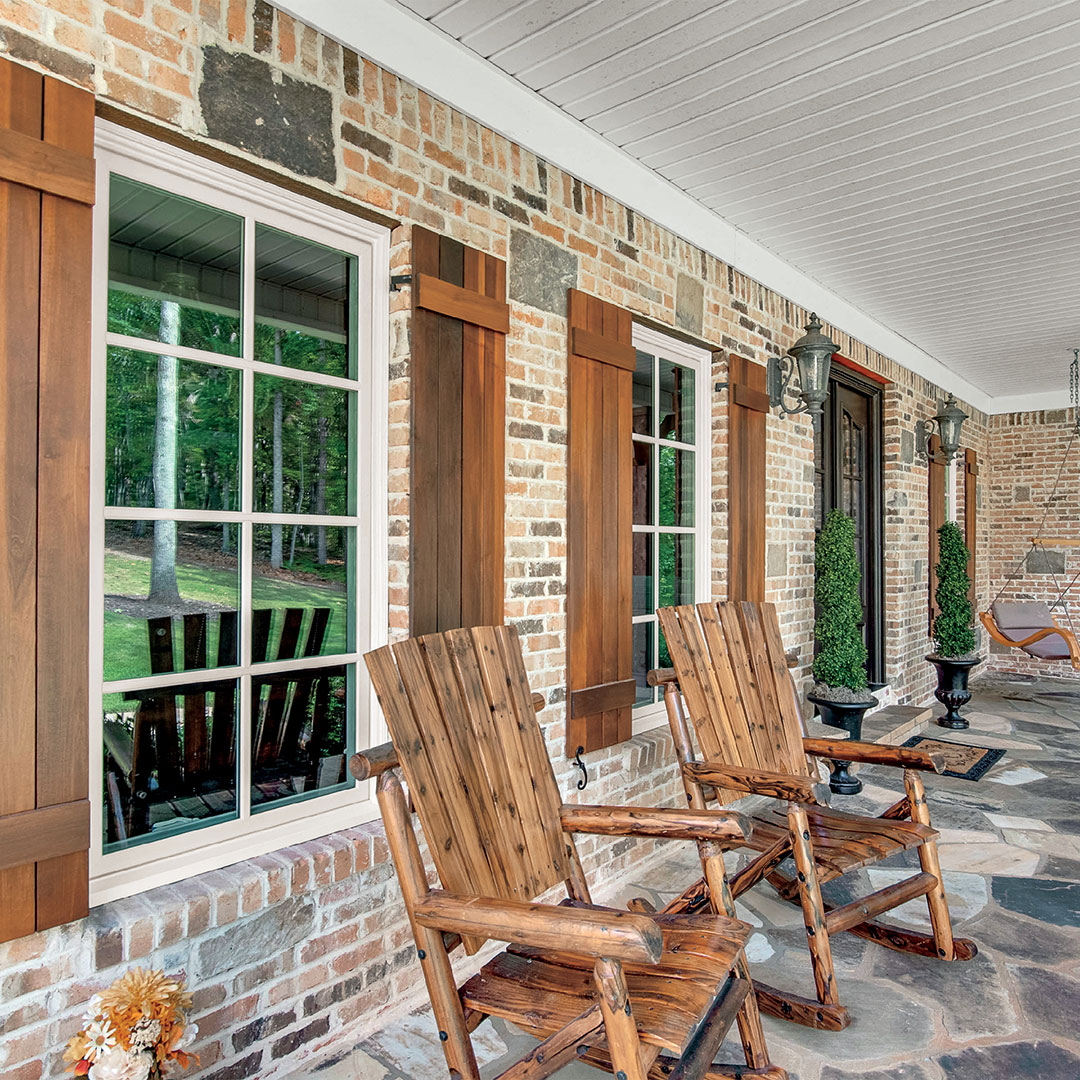How to Prevent Condensation From Collecting on Your Windows
Finding condensation on the glass surfaces inside your home is a common issue, especially in the winter when warm air in the home meets the cold surfaces of your windows. Unfortunately, the windows themselves get the blame. Windows don’t create the moisture but instead they collect it from other sources nearby.
Causes of condensation
The most common issue is that the humidity in an area of your home is just a little too high. Like the condensation produced on the mirror when you take a shower, when there’s a significant difference in temperature between the inside and outside of your home and the air is heavy with moisture, water releases from the air and condensation is produced on the inside surfaces of your windows. The larger the difference in temperature from the inside to the outside of your home, the more condensation you’re likely to experience.
Here are a few reasons why you might experience condensation on the inside of your windows:
- Fireplace: We know that gas and propane can release a lot of moisture in the air when they burn. If you use your fireplace often, large amounts of moisture will be released into the air. Your windows will end up collecting the excess water as a dehumidifier would.
- Humid summer: Condensation may occur when you first heat your home after a long, humid summer. Your house may still be trying to dry out from the high levels of humidity it absorbed during the summer.
- Inadequate ventilation: Some household appliances like washers and dryers can create high levels of humidity. Without proper ventilation, the water in the air will become too heavy and will need to drop somewhere, which usually ends up on the sills and glass surfaces in your home.
How to prevent condensation
To reduce the amount of condensation produced on the inside of your windows, we suggest:
- Reducing the moisture sources in your home by:
- Limiting the use of humidifiers, but consider using a dehumidifier
- Having the gas appliances and plumbing checked for leaks
- Reducing the number of plants in the home or moving them to a room that receives great amounts of sunlight
- Storing firewood outside the home
- Increasing the ventilation in your home by:
- Opening the windows after steam-producing activities such as showering
- Running the kitchen, bath or ceiling fans more often and for longer periods of time
- Opening the window coverings, especially during the day
All homes will experience condensation on their windows at one point or another, but this temporary condensation should not be a cause for concern. Expect this condensation to occur during new construction or remodeling, humid summers or during seasonal temperature changes.
At Nex-Gen Home Exteriors, we offer a selection of windows that will withstand the harsh elements of the outside weather conditions. We personally stand by our products and installation. If you’re thinking about remodeling or replacing your existing windows, contact us for more information.






